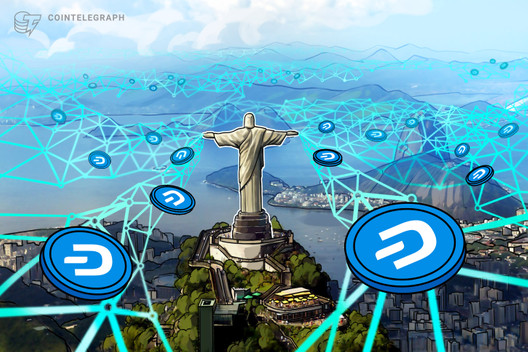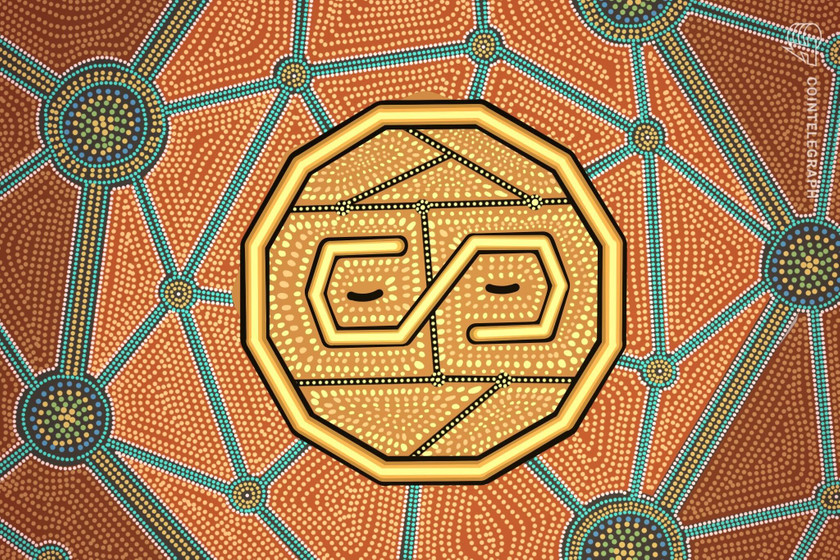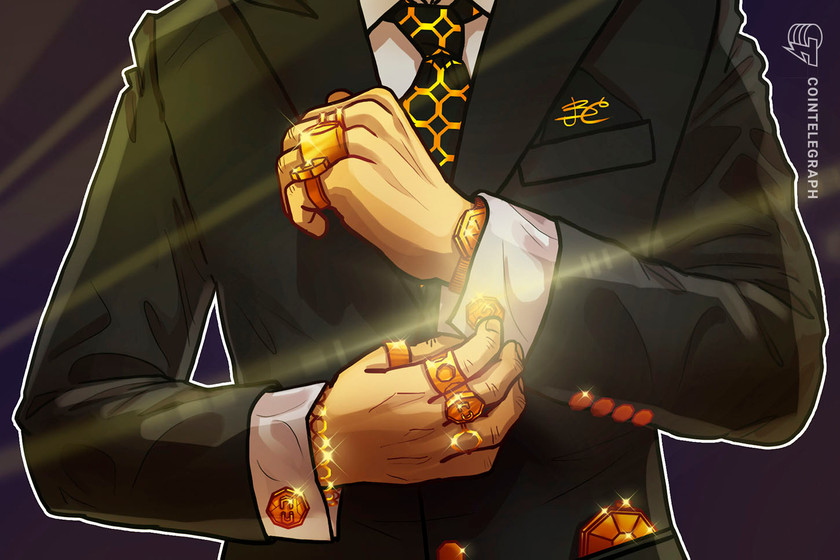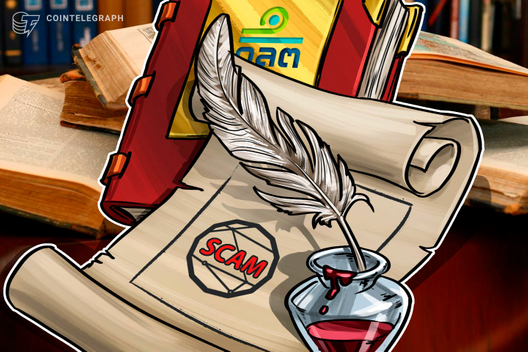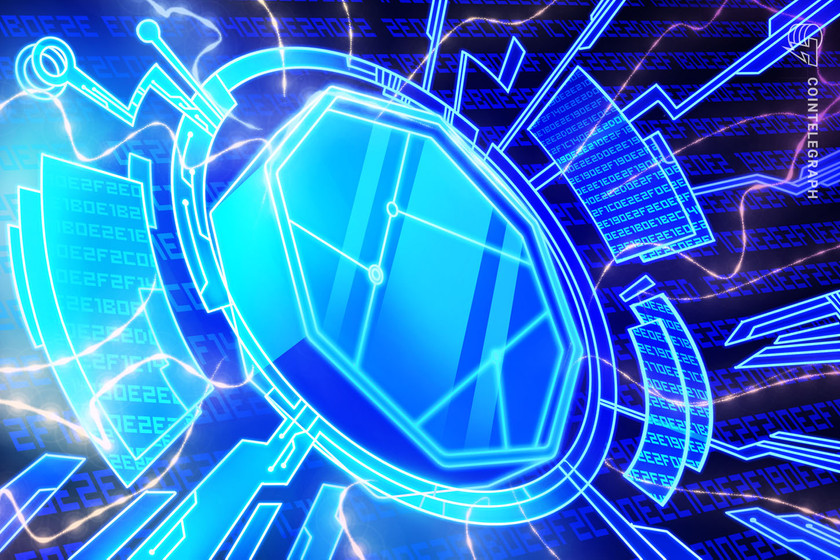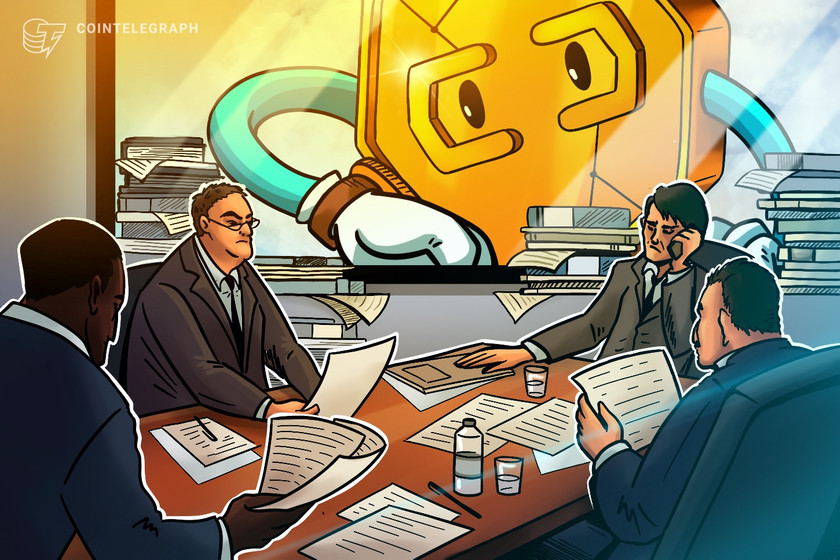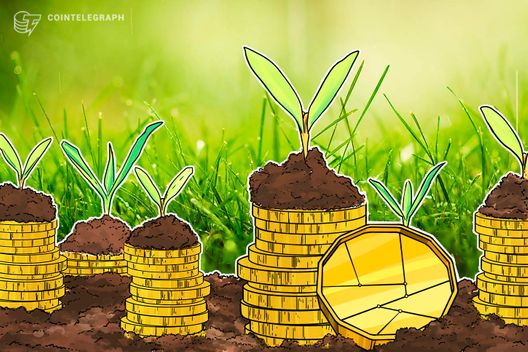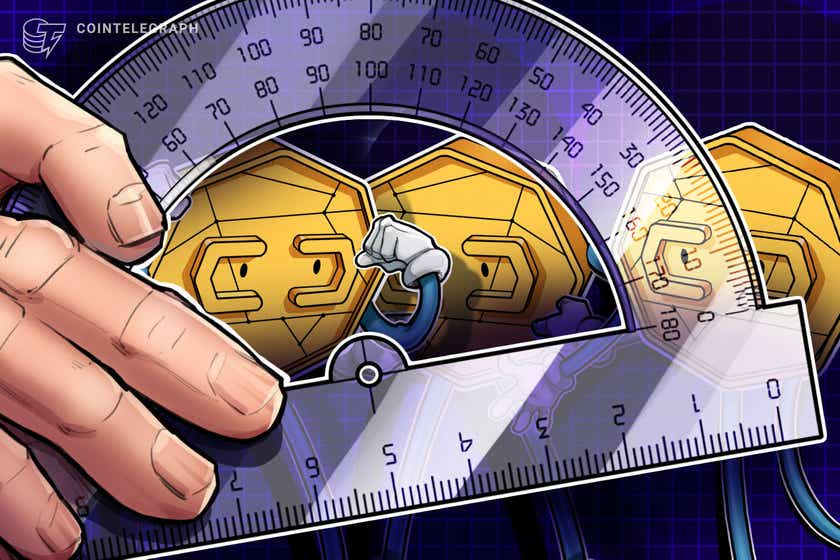April 16 saw the opening of the Blockdown 2020 online blockchain conference. One of the early panel discussions revolved around the use of blockchain in the gaming industry, and how this is likely to develop in the future.
One of the biggest misconceptions that many have about blockchain in gaming is that it is limited to the addition of non-fungible tokens which can be traded independently between players.
As Sebastien Borget, co-founder of Sandbox developer Pixowl explained, games like CryptoKitties may have popularized the idea of blockchain in gaming, but in reality, only really scratched the surface of what blockchain can add.
Nic Watt, VP of product at Gods Unchained said that the mass market may still look upon blockchain as a scam. In order to overcome this, developers should concentrate on building experiences that people want, regardless of whether the technology is present.
Blockchain itself will not make a game a success but works best to add value and magnify the experience that a game can already provide, a view shared by Immutable CTO, Alex Connolly.
Scalability issues will be a welcome problem to solve
Following the congestion that games like Crypto Kitties brought to the Ethereum network, many feel that scalability is the most pressing issue for blockchain gaming.
The panel however, had a different view, suggesting that in fact, a main point of friction is the onboarding of players, who may not be familiar with cryptocurrency basics like setting up a wallet.
The key question then, according to TomoChain CBDO Kyn Chaturvedi, is how to mask the current blockchain experience, while still using it to power the game. Once this friction is overcome, then the issue of scalability can be addressed.
Connolly also said that his company’s research had shown that users care a lot about owning their non-fungible assets, but not so much about the gameplay logic being coded on-chain. The exception to this is when the transparency of the game logic is essential, for example in a casino or lottery-type game.
Getting traditional game studios onboard
One of the big hurdles to getting traditional games studios involved is convincing them to give up some of their control. In traditional games, all of the in-game assets that players collect are not owned, but belong to the developer and are licensed to players.
Giving up control of this and allowing players to actually own and trade unique assets is a big step for many traditional developers, but can reap rewards through community engagement with real value. An advance on this model is allowing players to create their own assets and trade in-game.
However, an influx of traditional studios was not considered essential to blockchain gaming’s success. The panel pointed to the example of mobile gaming, in which many major developers were latecomers or weren’t involved at all.
Similarly, it will be the innovators who can best utilize the technology within already compelling playing experiences, who will lead the way. This will attract the players, which in turn will attract bigger developers to the blockchain gaming market.

